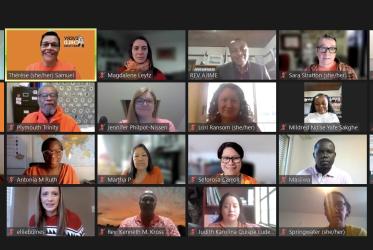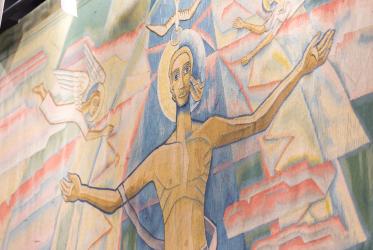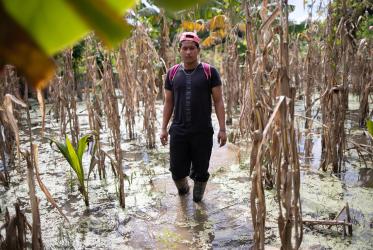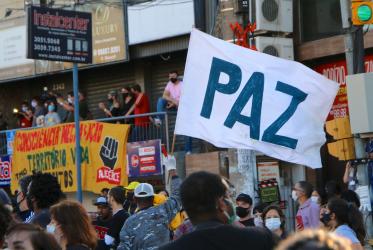Displaying 1 - 20 of 74
19 October 2023
Estudio bíblico de la 11a Asamblea - Pentecostés
22 December 2021
Estudio bíblico de la 11a Asamblea - Ascensión
21 December 2021
11th Assembly Bible study - Ascension
21 December 2021
Photo exhibition portrays stark reality of climate change
09 November 2021
EWN members stand in solidarity with water and land defenders
21 September 2021
Defending the ‘blue soul of life’
08 April 2021
No room at the inn
26 December 2020
Bossey students look to Christmas, amid new, ecumenical family
17 December 2020












